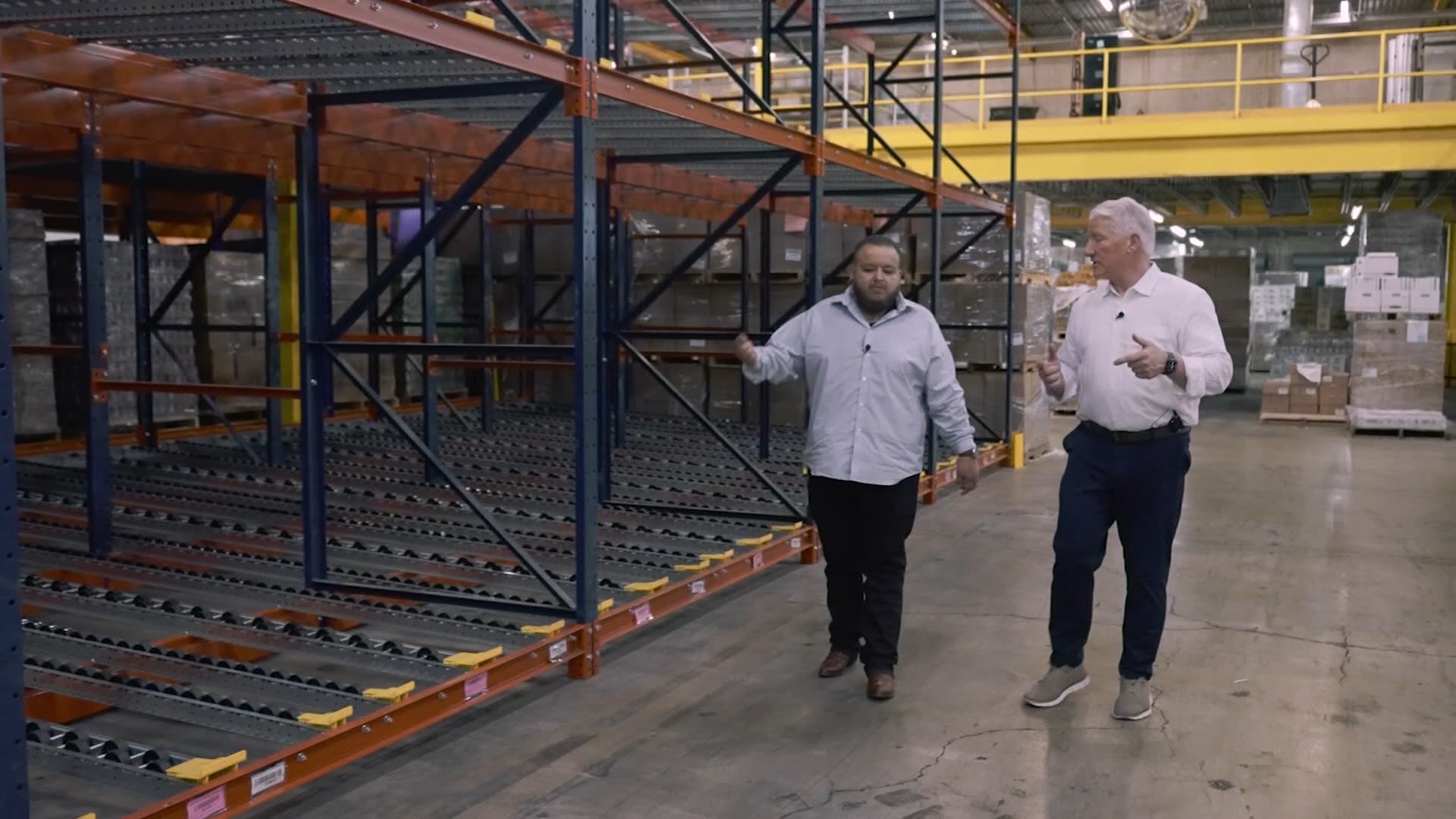
Voters share the economic impacts of Trump’s megabill in battleground Arizona
Entities mentioned:
- Ray Flores: Ambition, Wariness, Self-preservation
- Donald Trump: Power, Influence, Legacy
- Republican Congress: Control, Competitive spirit, Influence
- Juan Ciscomani: Ambition, Power, Self-preservation
- Claudio Rodriguez: Duty, Justice, Moral outrage
Article Assessment:
Credibility Score: 75/100
Bias Rating: 55/100 (Center)
Sentiment Score: 45/100
Authoritarianism Risk: 35/100 (Generally Democratic)
Bias Analysis:
The article presents multiple perspectives, including business owners, non-profit workers, and political figures. While it leans slightly left in its framing of social safety net concerns, it balances this with positive economic impacts of Republican policies.
Key metric: Economic Impact of Policy Changes
As a social scientist, I analyze that this article highlights the complex interplay between economic policy changes and voter sentiment in a battleground state. The GOP's new policy bill, championed by Trump, has immediate effects on hiring practices and business operations, as seen in Ray Flores' restaurant. However, the delayed implementation of social safety net changes creates uncertainty for organizations like the Community Food Bank. The article suggests a potential disconnect between short-term economic benefits and long-term social consequences, which may influence voter behavior in the upcoming midterms. The Latino vote is presented as a crucial factor, with Republicans hoping to build on recent gains. The staggered implementation of policy changes complicates political messaging and voter response, potentially benefiting incumbents in the short term but creating challenges for long-term policy evaluation.

The US government has declared war on the very idea of climate change
Entities mentioned:
- Donald Trump: Power, Control, Legacy
- Environmental Protection Agency (EPA): Control, Duty, Professional pride
- Lee Zeldin: Loyalty, Ambition, Control
- Chris Wright: Greed, Self-preservation, Influence
- Katie Dykes: Duty, Righteousness, Moral outrage
- Andrew Dessler: Professional pride, Righteousness, Duty
- Phil Duffy: Professional pride, Moral outrage, Duty
- Michael Mann: Righteousness, Moral outrage, Professional pride
Article Assessment:
Credibility Score: 70/100
Bias Rating: 35/100 (Lean Left)
Sentiment Score: 25/100
Authoritarianism Risk: 65/100 (Authoritarian Tendencies)
Bias Analysis:
The article leans left, presenting a critical view of Trump administration policies. While it includes multiple perspectives, it gives more weight to climate scientists and environmental advocates, potentially under-representing opposing viewpoints.
Key metric: Environmental Protection and Sustainability
As a social scientist, I analyze that this article highlights a significant shift in US climate policy under the Trump administration. The actions described, particularly the move to undo the 'endangerment finding', represent a fundamental change in how the US government approaches climate change. This shift could have long-lasting effects on environmental protection, potentially hampering efforts to address climate change at the federal level. The article suggests a conflict between economic interests (particularly in fossil fuels) and environmental concerns, with the current administration prioritizing the former. This approach contradicts the scientific consensus on climate change and could impact the US's role in global climate efforts. The contrast between the administration's stance and the views of state officials and scientists indicates a growing divide in climate policy approaches, which could lead to increased tensions between federal and state governments on environmental issues.